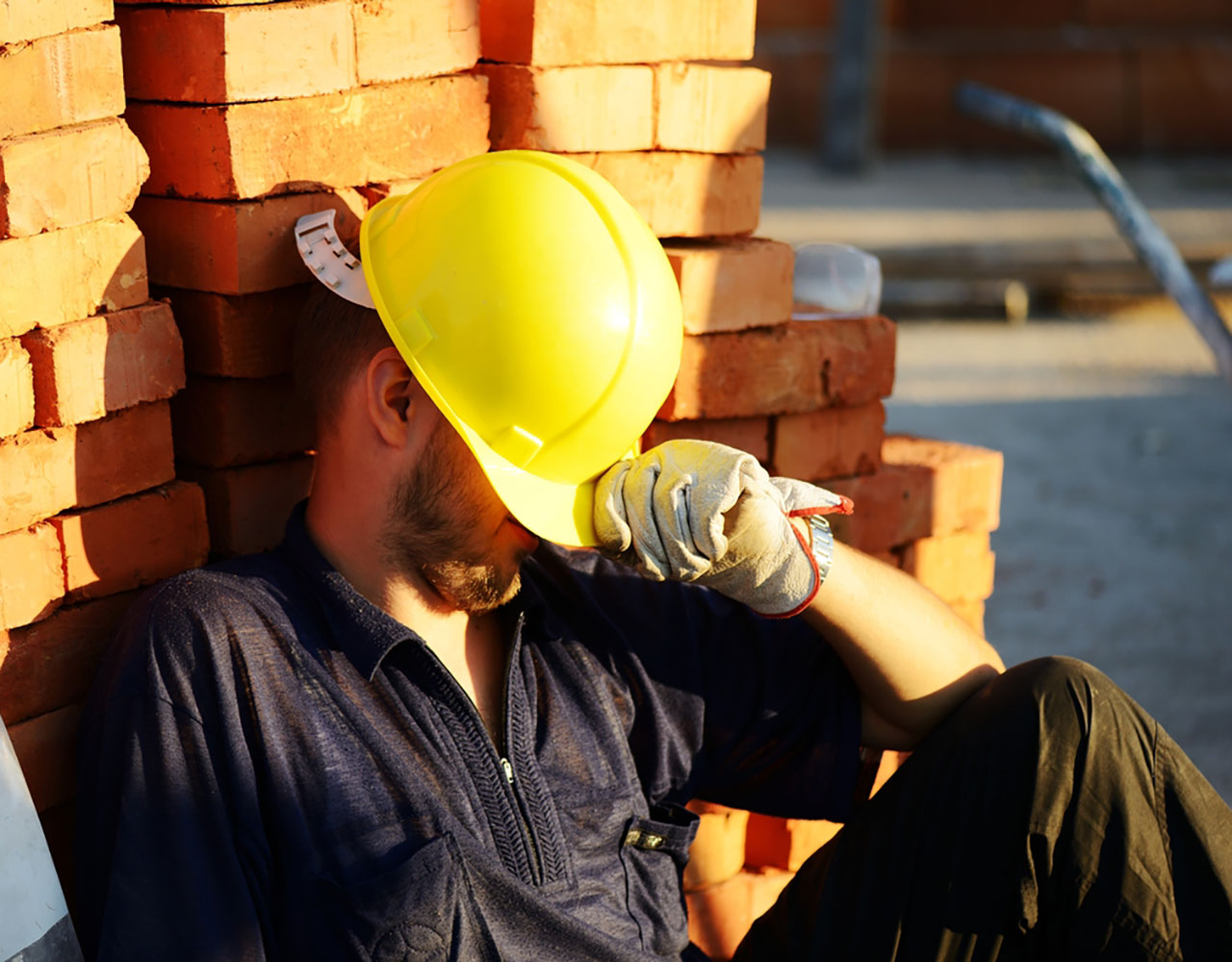

Fatigue is a word that means tired, but it can also mean more than just sleep-deprived. We might say we’re fatigued when we’re tired of a situation. It can even be a euphemism for feeling depressed. But no matter the cause—lack of sleep, living through an epidemic, anxiety, or depression—fatigue can be a factor in workplace accidents.
Read on to learn how to recognize and overcome challenges associated with worker fatigue. Share these insights and keep your eyes and ears open to better assist your crew, prevent burnout, and avoid incidents.
You can’t control how much sleep your people get at night when they’re not working. But you can fight fatigue. Research shows that while noise and poor air quality contribute to fatigue, good lighting can combat feelings of fatigue. Turn on the lights; more or improved lighting can help fight fatigue. Turn it on if you’re working inside and air filtration is available. And when loud machinery can’t be sound-proofed, provide earplugs or earmuffs to workers to help prevent noise fatigue.
You’re not a doctor, so you can’t diagnose mental health problems. But you can recognize that sometimes what looks like fatigue is depression or anxiety. Some signs of mental distress include:
You’re not a doctor, so you can’t diagnose mental health problems, but you can get a discussion going! Greet your people when they come in. Make eye contact (this is especially important when we’re masked). Ask them how they are doing, then wait for an answer! When we feel connected, we feel safe.
A small investment of your time and energy can create a better environment for your and your whole crew's mental health.
Personnel Vehicle-Safety Accident Health